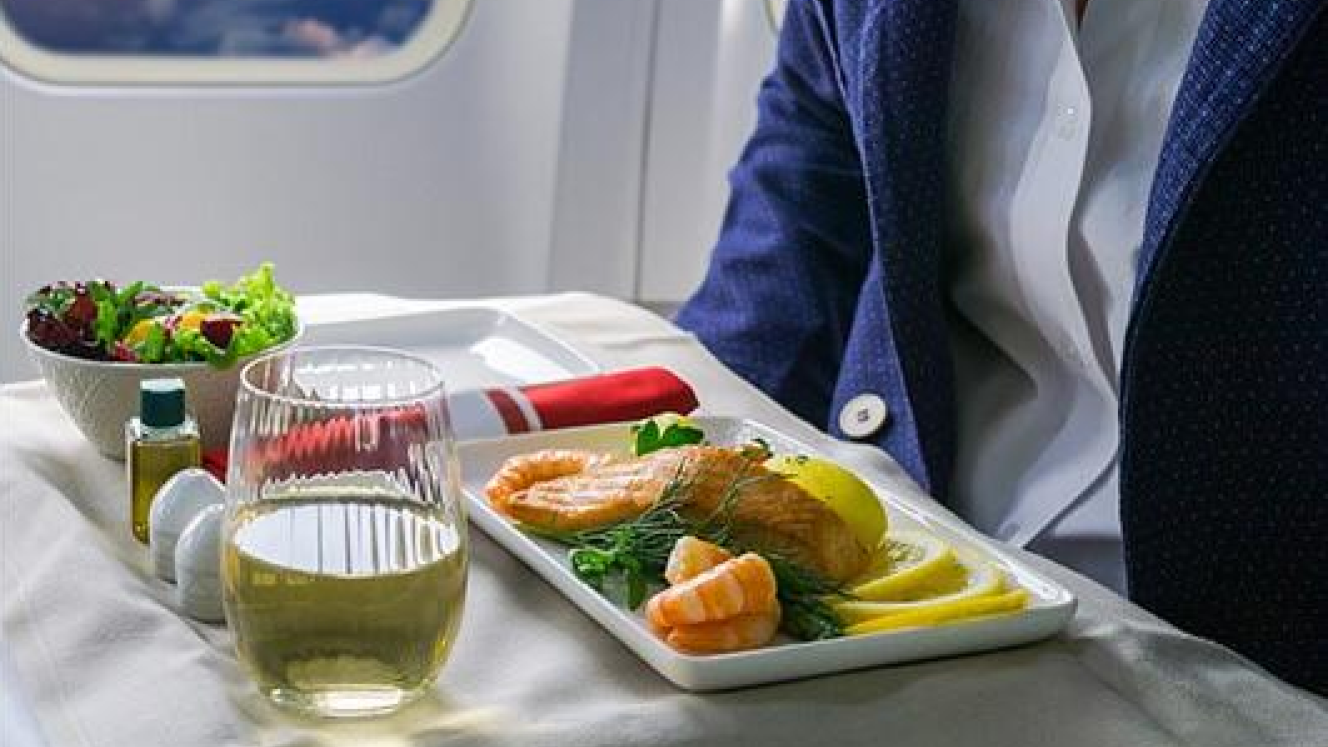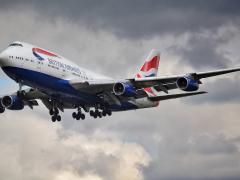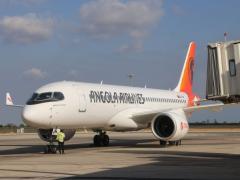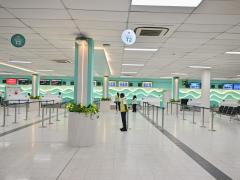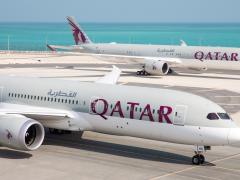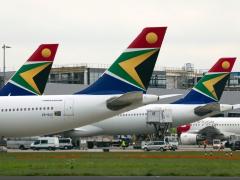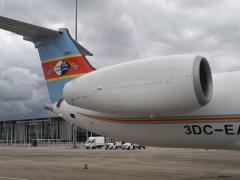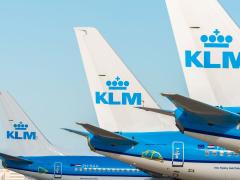Japan Airlines (JAL) has become the latest carrier to offer flyers the option to forego their in-flight meal in a bid to reduce unnecessary waste. During trials, the airline called it the ethical choice, following a similar move last November by Delta Air Lines.
Dr Nadine Itani, a lecturer in Air Transport Management at the University of Surrey, believes the aviation industry’s waste problem needs to be addressed urgently. “Around 20% of food served in the cabin is returned untouched,” she told The Telegraph. “That equates to around six million tonnes of waste per year. It’s a no-brainer to do something about it.”
However, passengers choosing to fly without a meal will not save anything on their airfare.
Other tactics have been used by airlines similarly in the past. China Airlines has been labelling meals with their carbon impact since 2012. “That idea was ahead of its time,” says Dr Jo-Han Ng, Head of Research at the University of Southampton, Malaysia. “At first the label was ignored, but now people make informed decisions based on it.”
Etihad and Emirates have taken it a step further by using Artificial Intelligence to measure just how much of different kinds of food are usually not eaten by flyers.
Dr Ng suggests airlines could use savings from cutting meal services to invest in Sustainable Aviation Fuel, to combat anyone’s doubts about potential greenwashing. “The amount of carbon that can be reduced by using sustainable jet fuels greatly outweighs the ‘no meal’ initiatives,” said Dr Ng.
